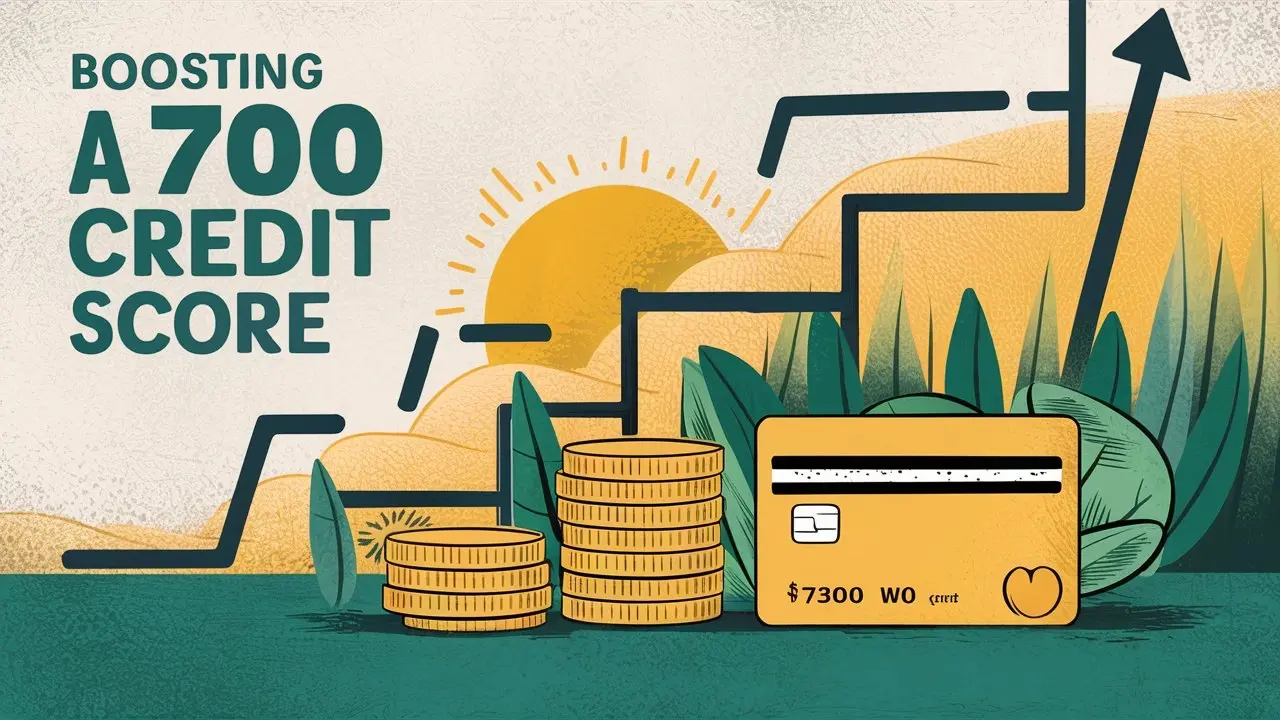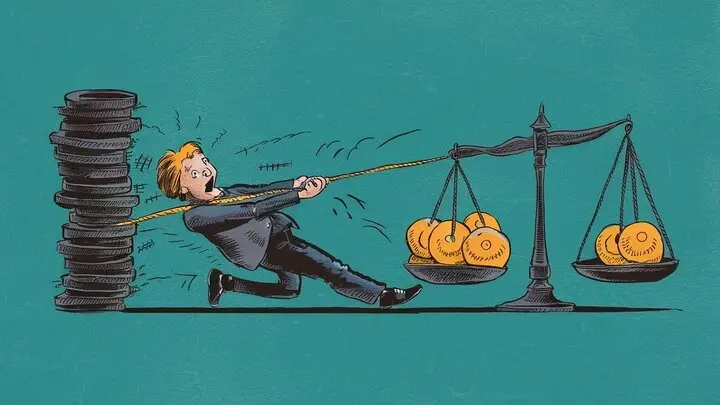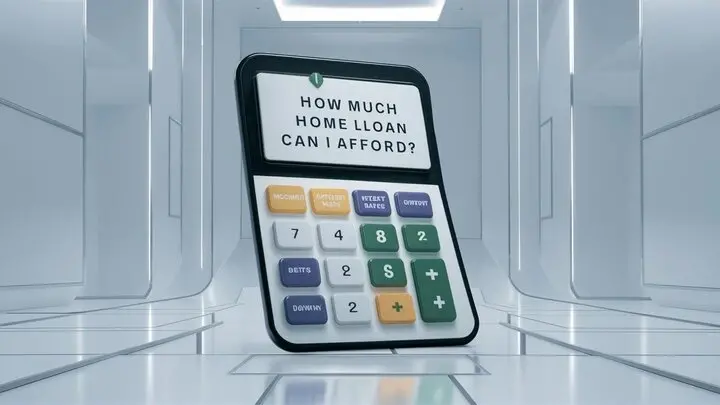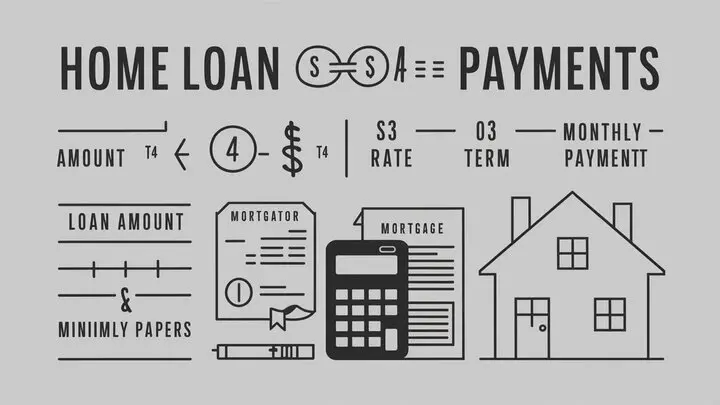
The home-buying process depends critically on credit ratings. Your FICO score affects not just your mortgage conditions but also whether or not you are initially eligible for a loan. See if your credit score qualifies for the kind of loan you would like to utilize for a home purchase.
What's a good credit score to buy a house?
You can acquire a mortgage without perfect credit. Sometimes scores can fall in the 500s. Potential lenders may reward a better score with more options and reduced interest rates, albeit because credit ratings project the chance that you won't pay back the loan.
Most loan types need at least a 620 credit score to purchase a property. Higher is preferable, however, and those with scores of 740 or more will pay the lowest interest rates.
-
Conventional loan
Unlike programs run by the U.S. Department of Veteran Affairs or the U.S. Department of Agriculture, conventional mortgage loans are not guaranteed by a government entity. Rather, these loans adhere to guidelines established by Fannie Mae and Freddie Mac, government-sponsored mortgage lending agencies. One of these firms or a private lender might guarantee a conventional loan. These loans need a minimum 620 credit score and are more reasonably priced. Down payment amounts vary.
-
Jumbo loan
The maximum loan amount specified by the Federal Housing Finance Agency is surpassed by a jumbo loan. Fannie Mae or Freddie Mac neither qualifies to guarantee these loans, so lenders bear additional risk should you fail on payments.
-
FHA loan
The Federal Housing Administration guarantees an FHA loan, which is a choice for those whose poor credit ratings and limited down payment amount indicate increased risk. The amount of money you want to contribute determines the credit score criteria. Higher credit score borrowers are qualified to make a smaller down payment.
-
VA loan
Designed for qualified military persons and their spouses, a VA (Veteran Affairs) loan is guaranteed by the U.S. Department of Veterans Affairs. There is no down payment required with this kind of financing. Although the VA does not specify credit score criteria, most lenders will want at least a 620 credit score.
what is a good credit score for a mortgage?
Getting a mortgage relies much on a strong credit score. The creditworthiness of the borrower is evaluated by lenders using credit ratings, therefore guiding loan conditions. Generally speaking, getting a mortgage is seen best with a credit score of 680 or above. Lenders see a borrower with a good credit score as a dependable and prudent debt manager. Better interest rates, lower costs, and more loan possibilities follow from this usually. Good credit scores show a history of prompt bill payments, modest credit use, and appropriate credit management—all of which are vital for a favorable mortgage.
What if you don't have a high enough credit score to buy a house?
You can run some challenges if your credit score falls short of what you need to buy a property. A poor credit score might make qualifying for a home loan challenging or cause interest rates and less favorable conditions. It does not follow, nevertheless, that purchasing a property is impossible. Other choices abound, like looking for help from a co-signer or an FHA loan. Moreover, paying off debt and making regular payments can help you raise your credit score, therefore facilitating future mortgage application ease.
Should such help not be accessible to you, your best option will be waiting and working on your credit; yet, thanks to Credit Repair Ease, one of the finest and quickest credit repair companies available worldwide. If you search for location-based credit repair services, you may visit an area where credit repair companies are close by.
Call directly (888) 803-7889 and book a free credit repair consultation.
FAQ
Q1: What is a credit score?
A credit score is a numerical representation of an individual's creditworthiness. It helps lenders assess the likelihood of a borrower repaying their debts on time. Credit scores are calculated based on various factors, including payment history, debt utilization, length of credit history, credit mix, and new credit.
Q2: Why is a good credit score important when buying a house?
When it comes to purchasing a house, your credit score plays a crucial role in determining your ability to obtain a mortgage loan. A good credit score demonstrates your financial responsibility and helps lenders gauge the risk involved in granting you a loan. It can influence the interest rate, loan amount, down payment requirements, and even your eligibility for certain loan programs.
Q3: What is considered a good credit score?
Credit scores typically range from 300 to 850. While different lenders may have varying criteria, a good credit score generally falls within the range of 670 to 850. However, it's important to note that what is considered "good" can vary depending on the specific loan program or lender requirements.
Q4: Can I still buy a house with a lower credit score?
Yes, it is possible to buy a house with a lower credit score. However, a lower credit score often means you may face challenges in obtaining a mortgage loan or securing favorable terms. Lenders may consider your credit risk to be higher, leading to higher interest rates or requiring a larger down payment. Improving your credit score before applying for a mortgage can have significant benefits.
Q5: What are the advantages of having a good credit score when buying a house?
Having a good credit score offers several advantages when purchasing a house. It can help you secure a lower interest rate, which can save you thousands of dollars over the life of your loan. A good credit score can also increase your chances of approval for a mortgage loan and potentially allow you to qualify for more competitive loan programs, facilitating a smoother home-buying process.
Q6: How can I improve my credit score to buy a house?
Improving your credit score requires proactive steps and time. Some strategies to consider include paying bills on time, reducing credit card balances, avoiding new credit inquiries, and reviewing your credit report for errors. Timely payments and responsible debt management can gradually raise your credit score, making you a more attractive borrower to lenders.
Q7: Can I still buy a house with a less-than-perfect credit history?
Even if you have a less-than-perfect credit history, it is still possible to buy a house. There are loan programs designed for individuals with lower credit scores or unique financial situations, such as FHA loans or USDA loans. However, be aware that these programs may have specific eligibility criteria and requirements that need to be met.
Q8: Should I check my credit score before applying for a mortgage?
Yes, it is highly recommended to check your credit score and review your credit report before applying for a mortgage. Monitoring your credit allows you to identify any errors or discrepancies that could potentially affect your loan application. Addressing these issues in advance can help you improve your chances of getting approved for a mortgage loan at a favorable interest rate.
Q9: Can I buy a house if I have no credit history?
Having no credit history can make it challenging to obtain a mortgage loan, as lenders prefer to evaluate your creditworthiness based on past financial behavior. However, there are alternative ways to establish credit, such as applying for a secured credit card or becoming an authorized user of someone else's credit card. Building a positive credit history over time can increase your chances of buying a house.
Resources:
The Complete Guide to Debt Refinancing




